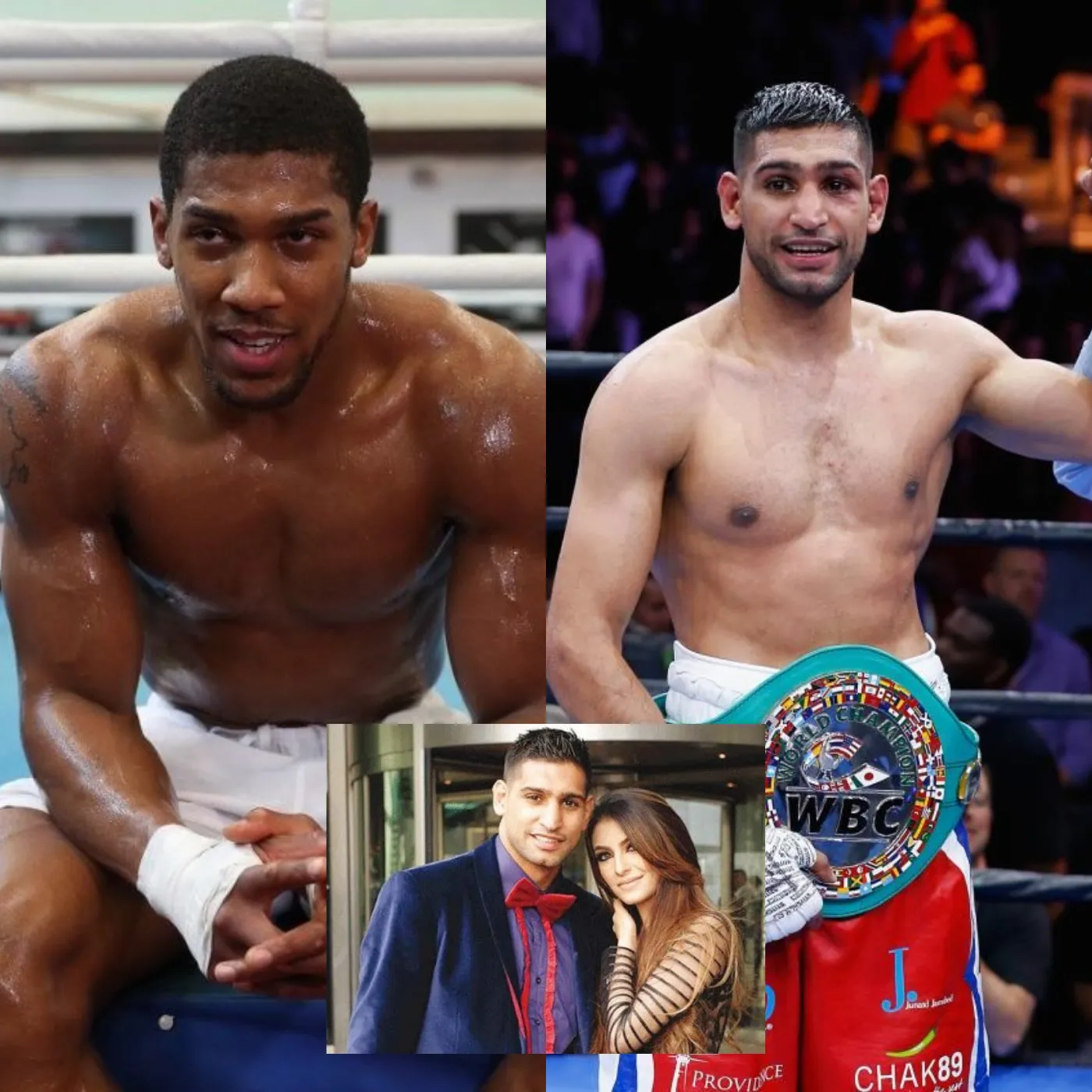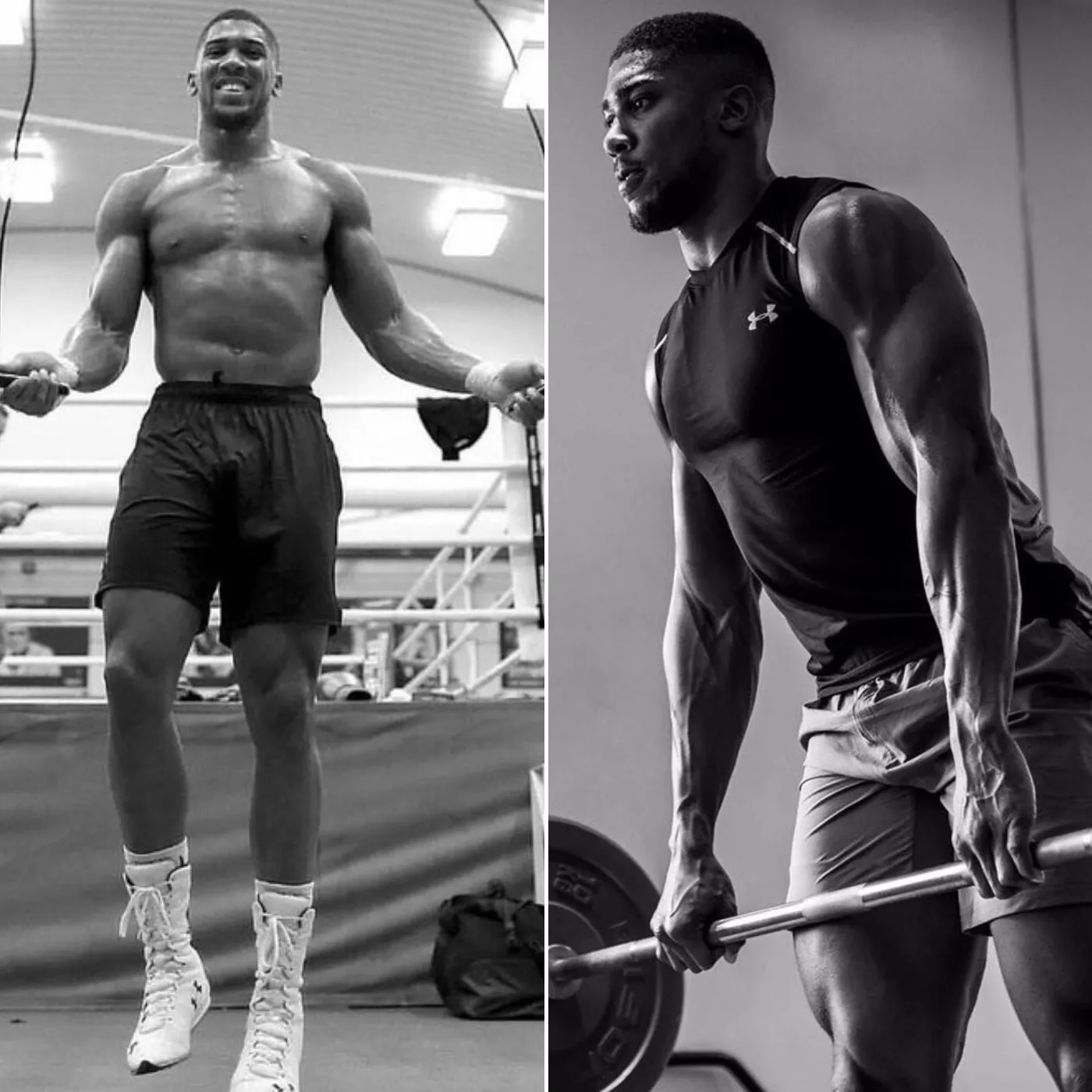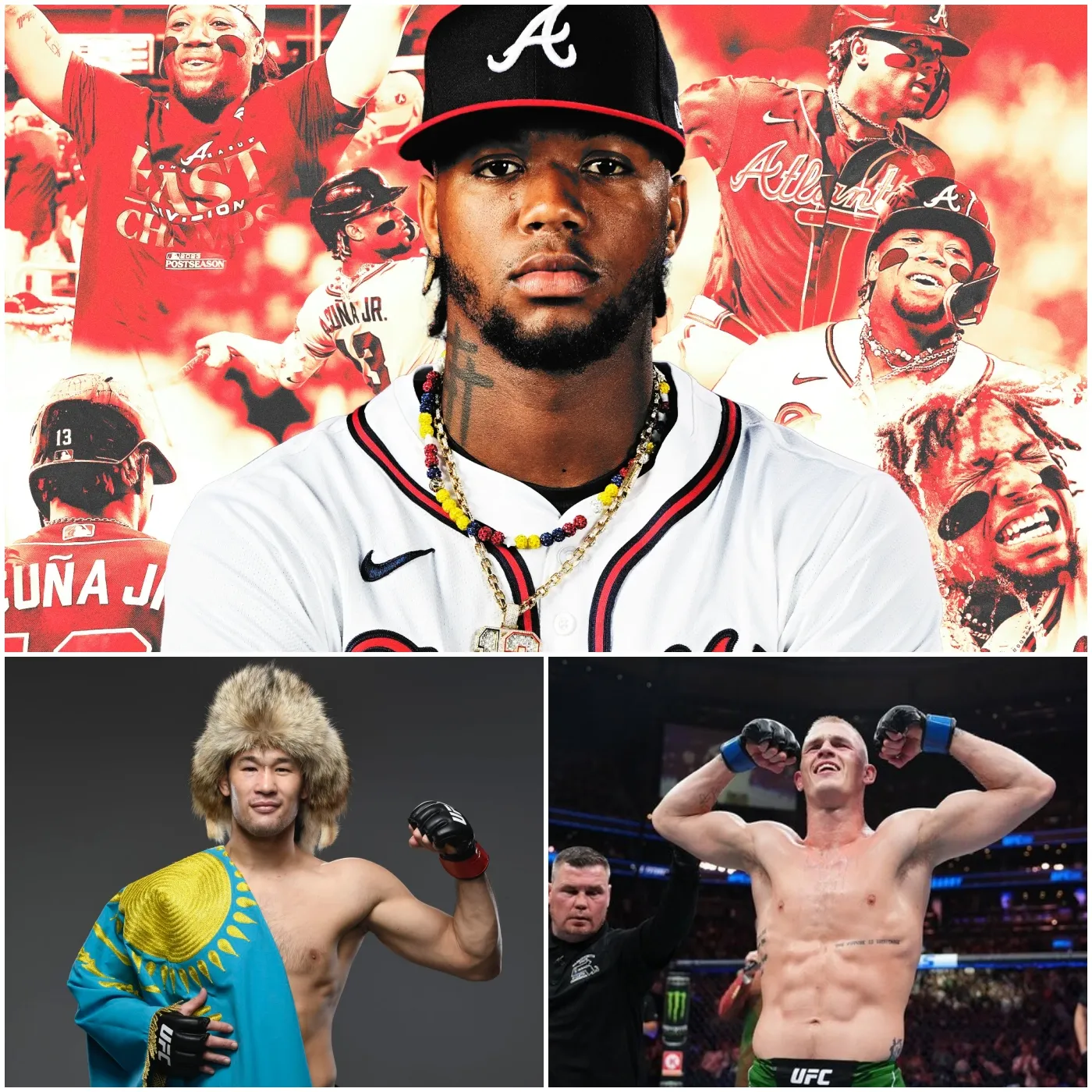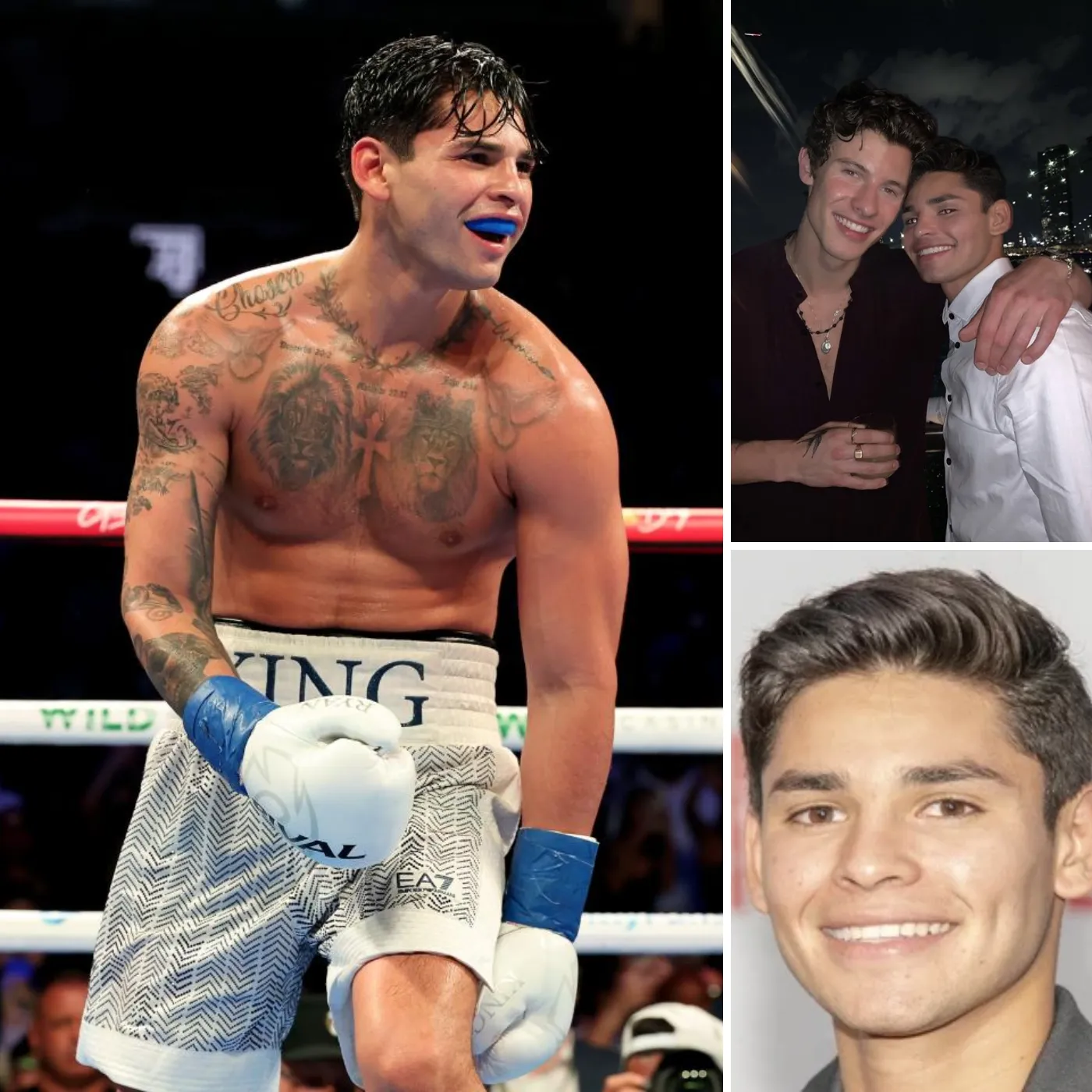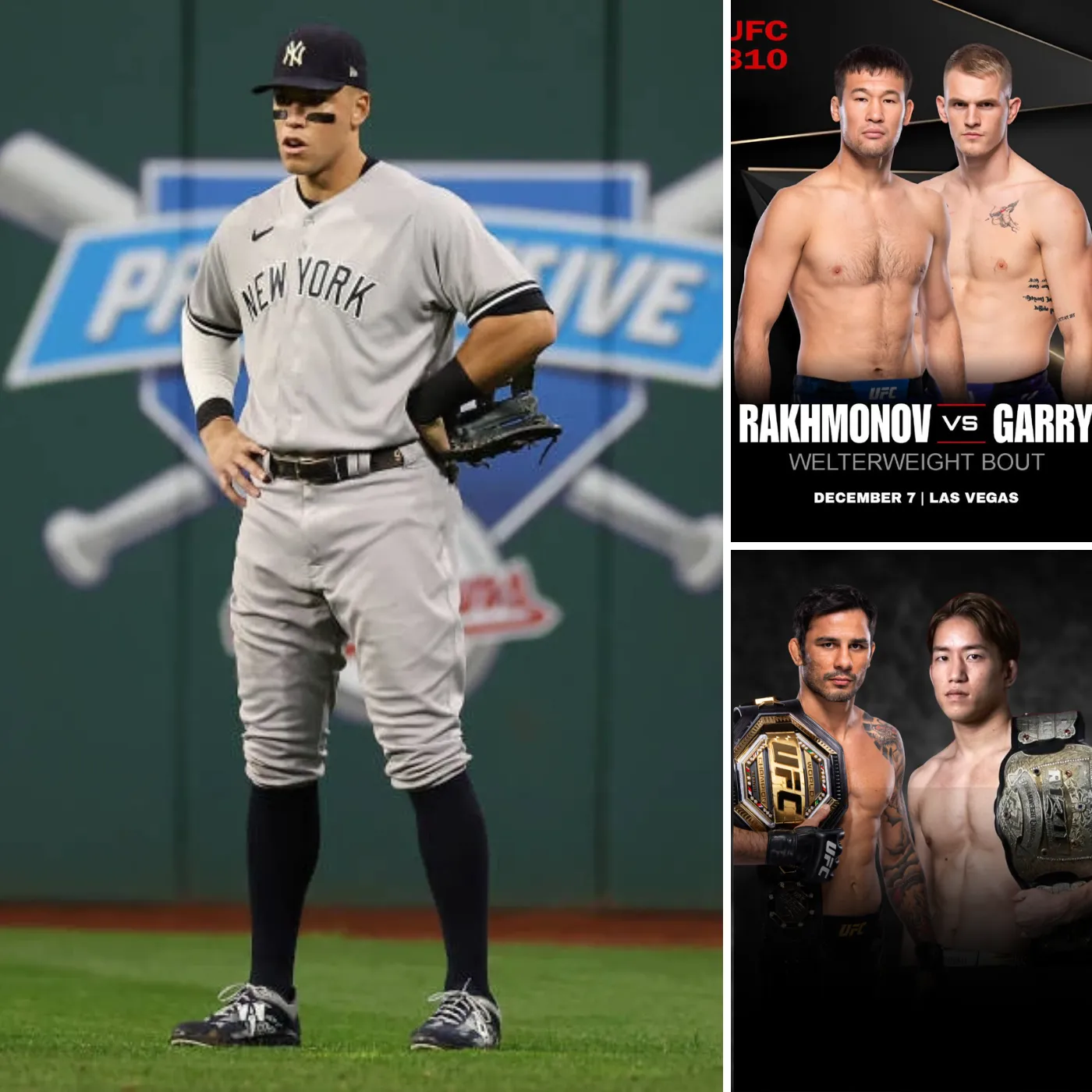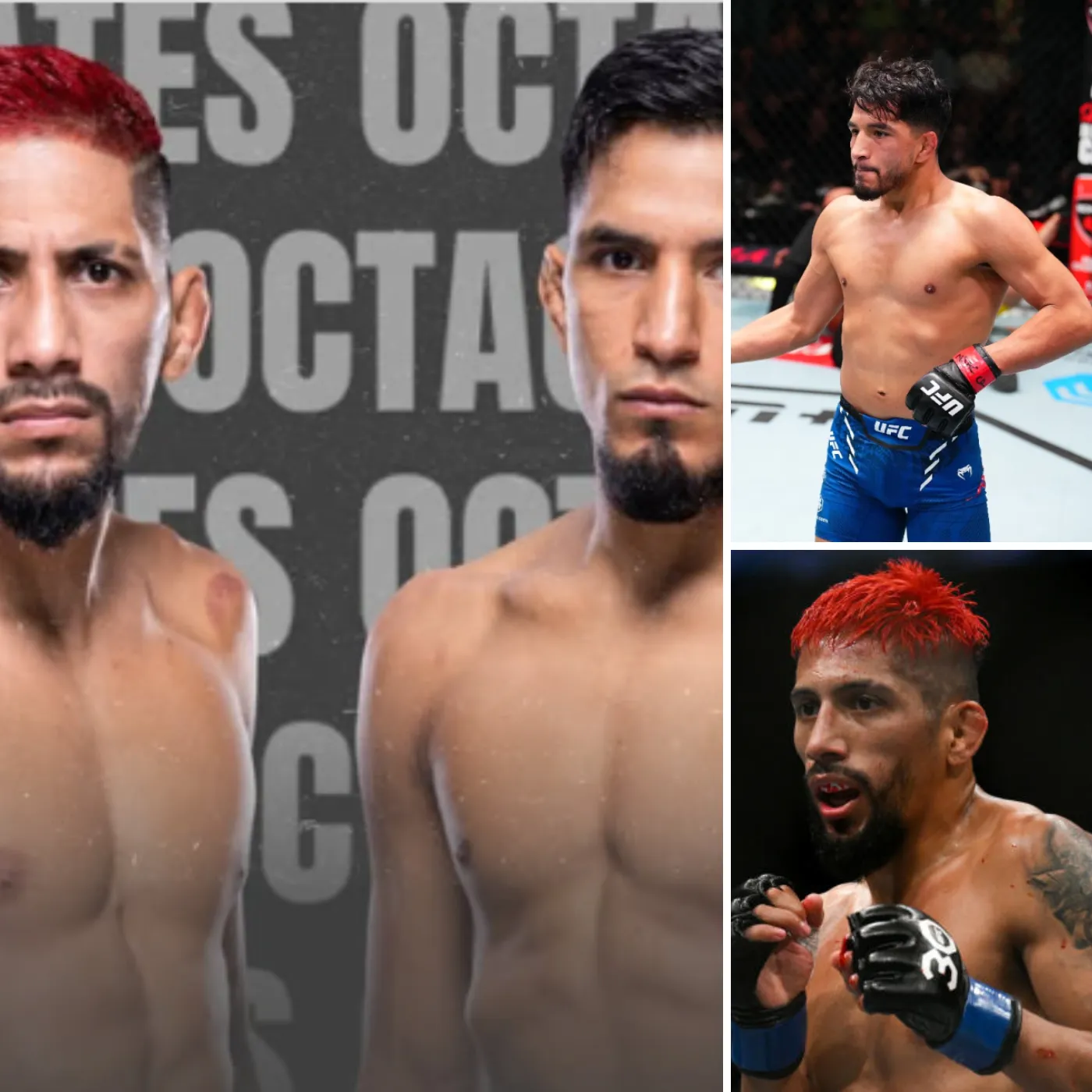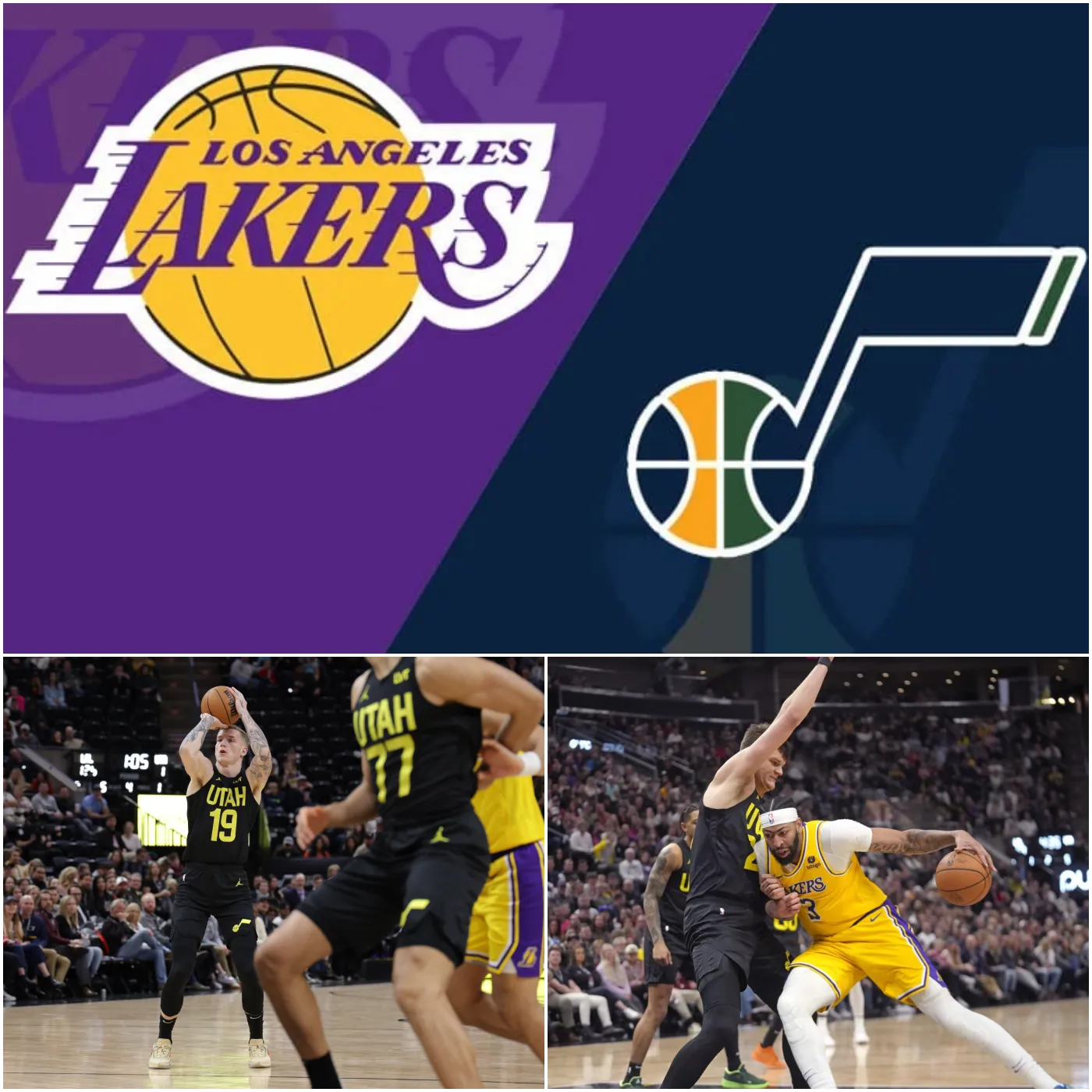Anderson Silva – The Greatest Fighter, Whose Legacy Is Shaped By Both Glory And Controversy
Few names in combat sports history inspire as much awe and debate as Anderson Silva. Dubbed “The Spider” for his uncanny ability to entangle opponents in his web of precision strikes and counterattacks, Silva’s reign over the UFC middleweight division was nothing short of legendary. But behind the glory and highlight reel knockouts lies a […]
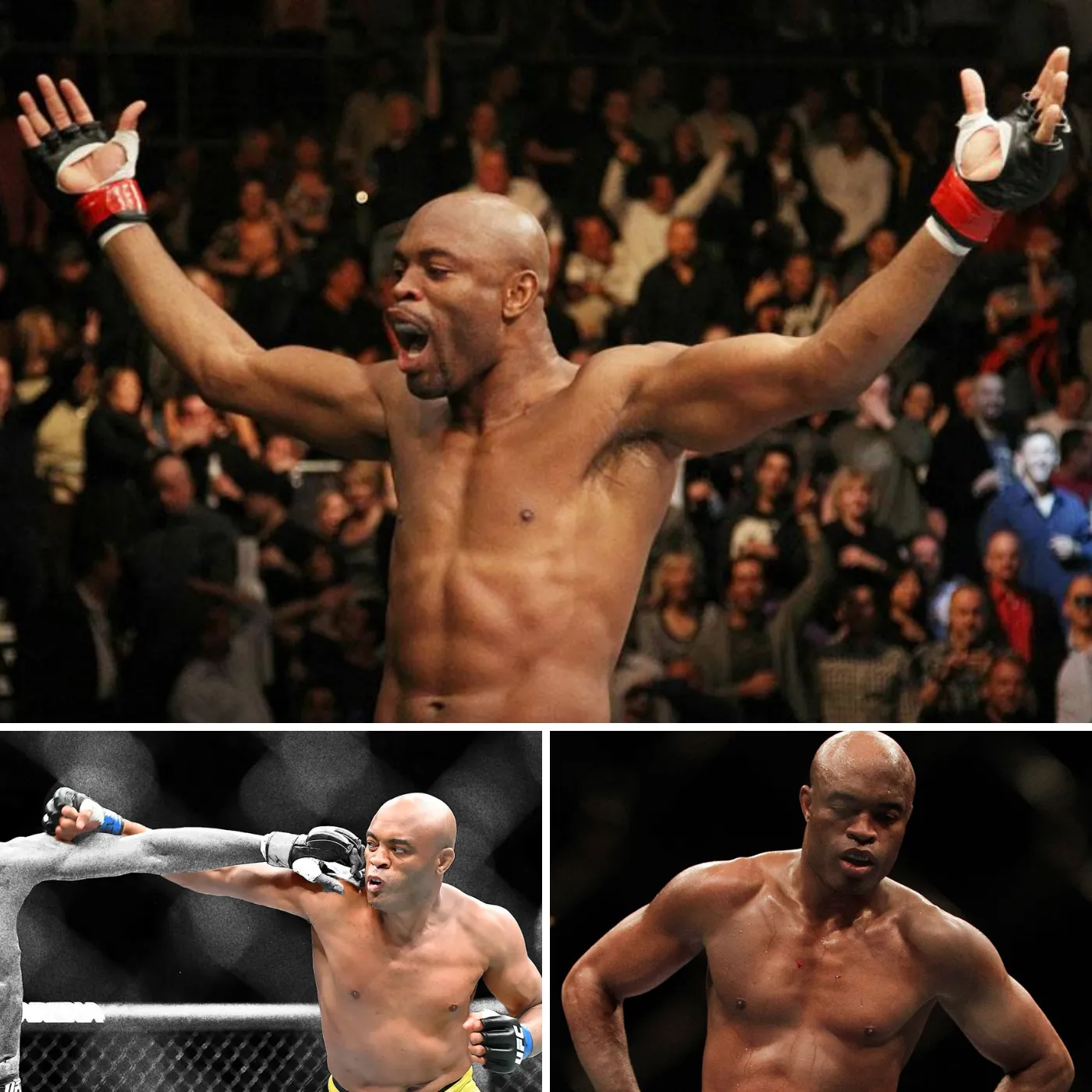
Few names in combat sports history inspire as much awe and debate as Anderson Silva. Dubbed “The Spider” for his uncanny ability to entangle opponents in his web of precision strikes and counterattacks, Silva’s reign over the UFC middleweight division was nothing short of legendary. But behind the glory and highlight reel knockouts lies a legacy that sparks heated arguments among fans and critics alike. Was Silva truly the greatest, or does his career symbolize the darker, more controversial aspects of combat sports?
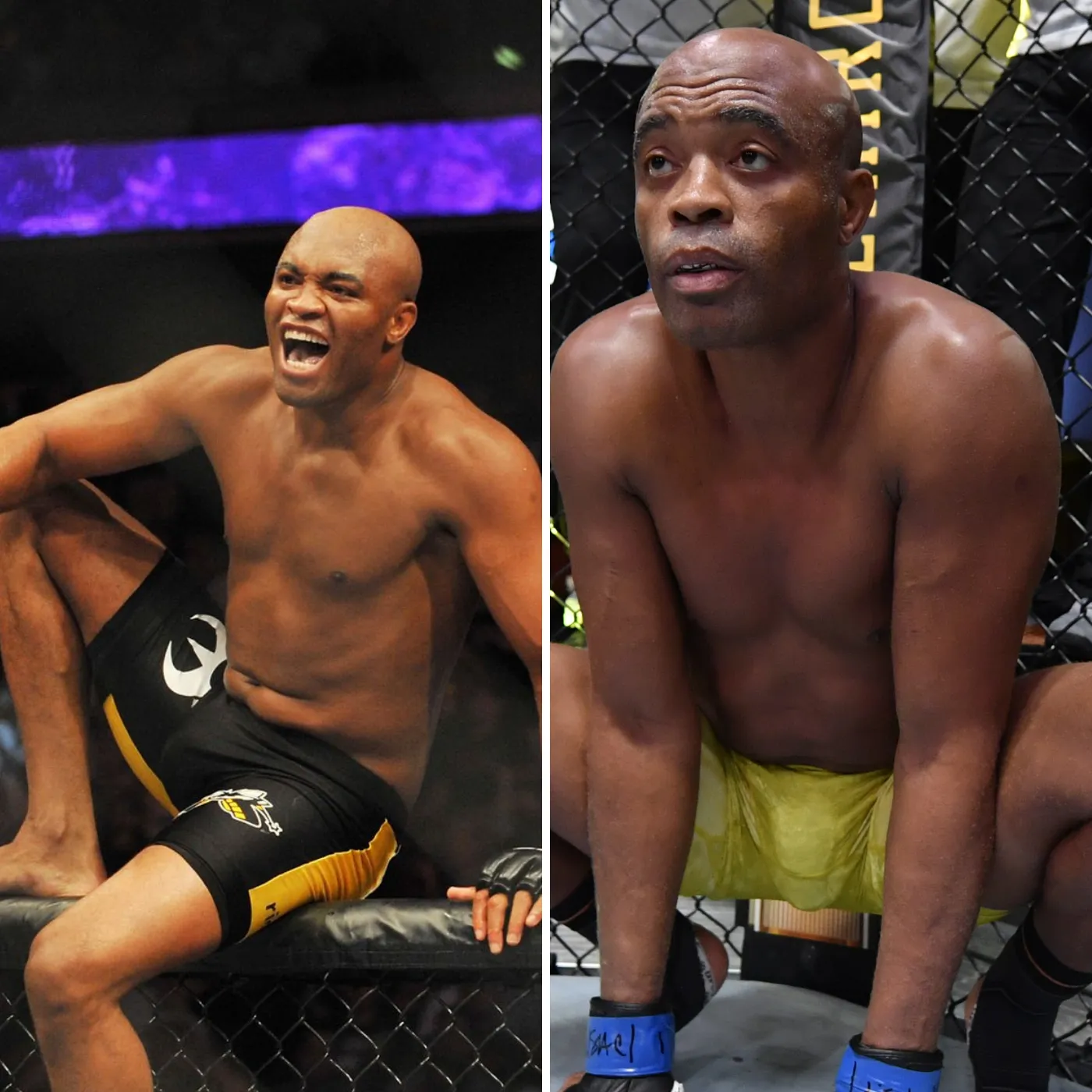
The Apex Predator of the Octagon
For years, Anderson Silva seemed invincible. From 2006 to 2013, he dominated the UFC middleweight division, setting records that still stand today, including a 16-fight winning streak and 10 consecutive title defenses. Silva’s ability to finish fights with jaw-dropping techniques made him a global superstar.
Who could forget the front-kick KO that left Vitor Belfort sprawled on the canvas? Or the legendary comeback against Chael Sonnen, where Silva submitted his trash-talking rival in the final round after taking a beating for nearly the entire fight? These moments solidified his status as not just a fighter but an artist of combat.
Yet, even at his peak, Silva’s behavior raised eyebrows. His habit of taunting opponents—dropping his hands and daring them to hit him—seemed cocky and disrespectful. While some saw it as mind games, others saw it as reckless arrogance, which ultimately cost him his first UFC loss to Chris Weidman in 2013.
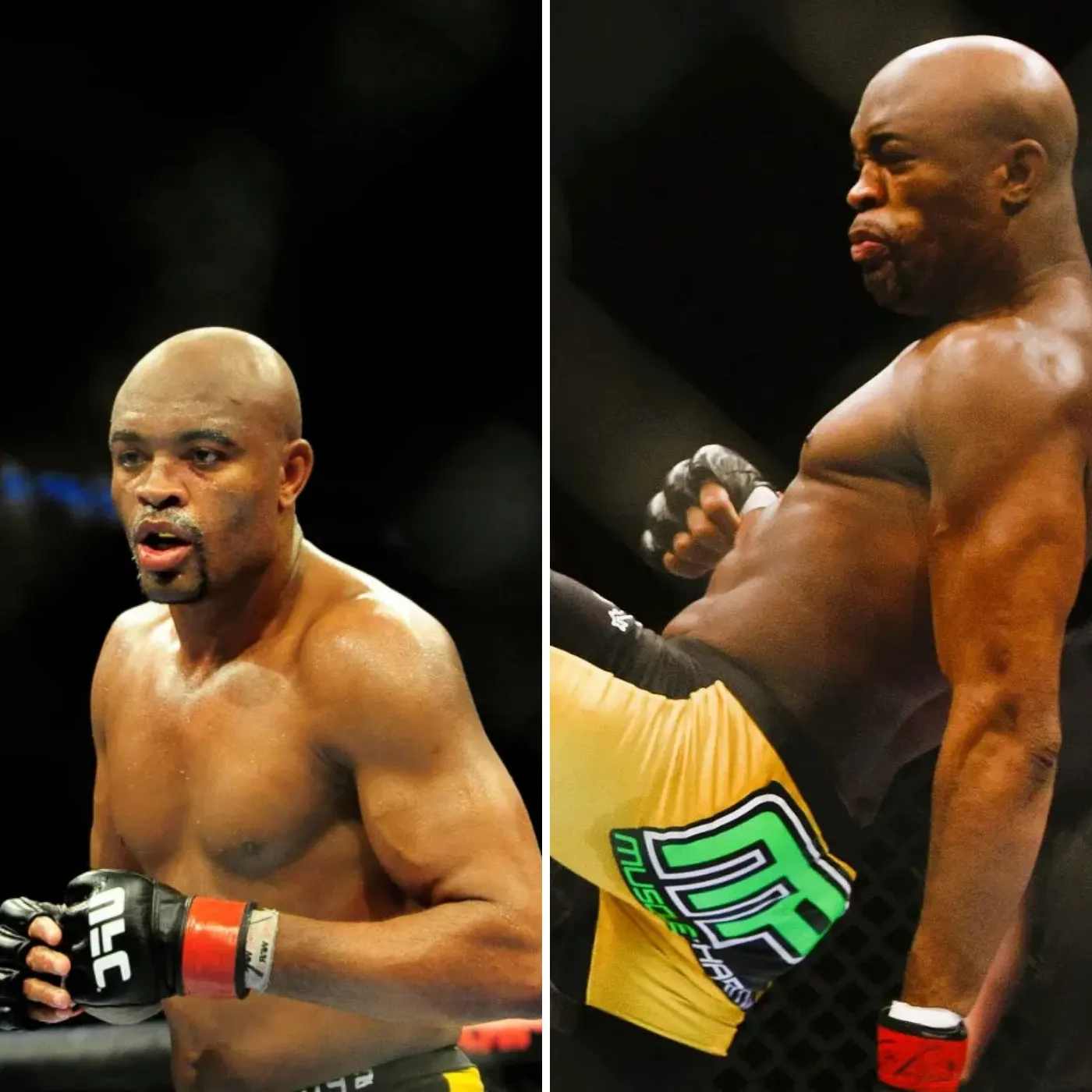
Scandals That Tainted the Spider’s Web
Silva’s fall from grace began in 2015, when he tested positive for anabolic steroids and other banned substances following his fight with Nick Diaz. This scandal shocked the MMA world. Fans who idolized Silva were forced to question whether his dominance was entirely natural. Had Silva been cheating all along?
The excuses offered by Silva’s camp did little to ease the controversy. He claimed the failed test was due to tainted sexual enhancement pills, a defense so absurd it became the butt of jokes in the MMA community. The Nevada State Athletic Commission wasn’t laughing—they suspended Silva for a year and fined him heavily.
This doping scandal became a permanent stain on Silva’s legacy. For many, it overshadowed his achievements and left a bitter taste in the mouths of fans who had once held him in such high regard. Was Silva just another fighter who took shortcuts to stay on top?
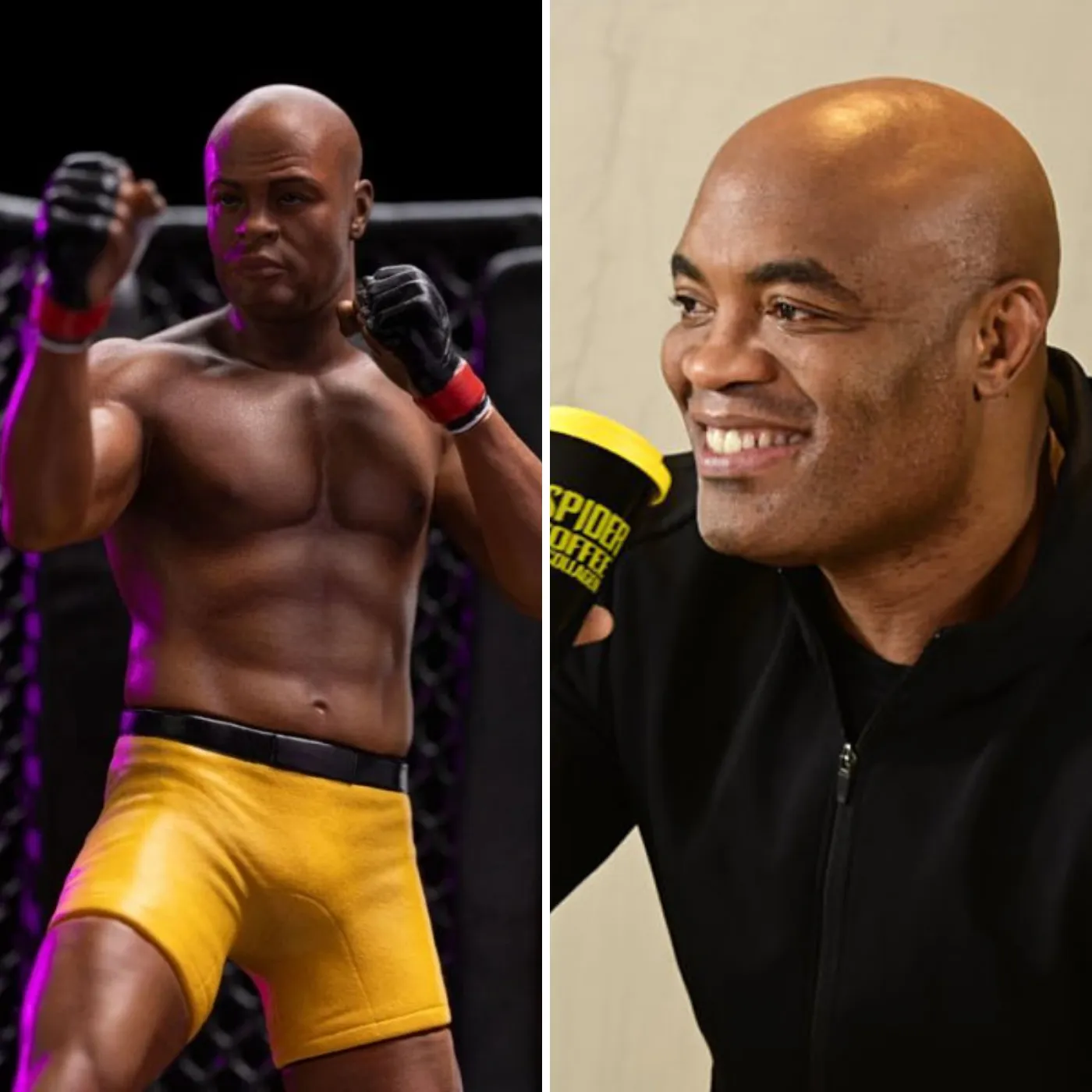
Boxing: A Redemption Arc or a Desperate Move?
After his MMA career began to decline, Silva made the surprising decision to transition to boxing. At first, this seemed like a strange move for a fighter well past his prime, but Silva quickly proved he still had skills. His 2021 upset victory over Julio César Chávez Jr. reminded fans of his striking brilliance.
But critics weren’t impressed. Wasn’t Chávez Jr. already a shadow of his former self? They argued Silva’s win was more about his opponent’s decline than his own resurgence.
The controversy only grew when Silva stepped into the ring with YouTuber-turned-boxer Jake Paul. Was Silva tarnishing his legacy by entertaining a circus fight? While Silva performed admirably, he ultimately lost the bout. To some, it felt like the end of an era—Silva, once an icon of skill and dignity, had become a participant in the spectacle-driven side of boxing.
Greatness or showmanship?
Silva’s in-cage antics have always been polarizing. His tendency to taunt opponents and play mind games was both captivating and infuriating. Against Forrest Griffin, Silva’s ability to dodge punches and finish the fight with ease looked like genius. Against Chris Weidman, the same antics made him look careless and cost him his title.
Was Silva’s showmanship a testament to his supreme confidence or a reflection of his arrogance?
The truth likely lies somewhere in between. Silva understood the entertainment aspect of fighting better than most. He didn’t just want to win—he wanted to dazzle. Whether fans loved him or hated him, they couldn’t take their eyes off him.
A Divided Legacy
For Silva’s diehard fans, he is the greatest fighter in MMA history, a man whose style and skill will never be replicated. They argue that his achievements—such as his unparalleled winning streak and title defenses—outweigh any controversies.
For his critics, Silva’s career is a cautionary tale. The doping scandal, the reckless showboating, and his questionable decision to continue fighting long past his prime are marks against him. To them, Silva’s greatness is inseparable from his flaws.
Is it possible to celebrate Silva’s brilliance without ignoring his missteps? That’s the question every fan must grapple with when assessing his legacy.
Final Verdict: Greatness or Controversy?
Anderson Silva’s name will forever echo in the annals of combat sports history. He was not just a fighter but a cultural icon, a man who pushed the boundaries of what was possible in the Octagon.
But Silva’s career also serves as a reminder that even the greatest athletes are humans. Greatness and controversy are two sides of the same coin, and Silva’s story encapsulates both. He showed us the heights of human potential—and the pitfalls of ambition and hubris.
So, is Anderson Silva the greatest fighter or a symbol of controversy? Perhaps he is both—a legend whose complexities ensure that we’ll be debating his legacy for years to come.




